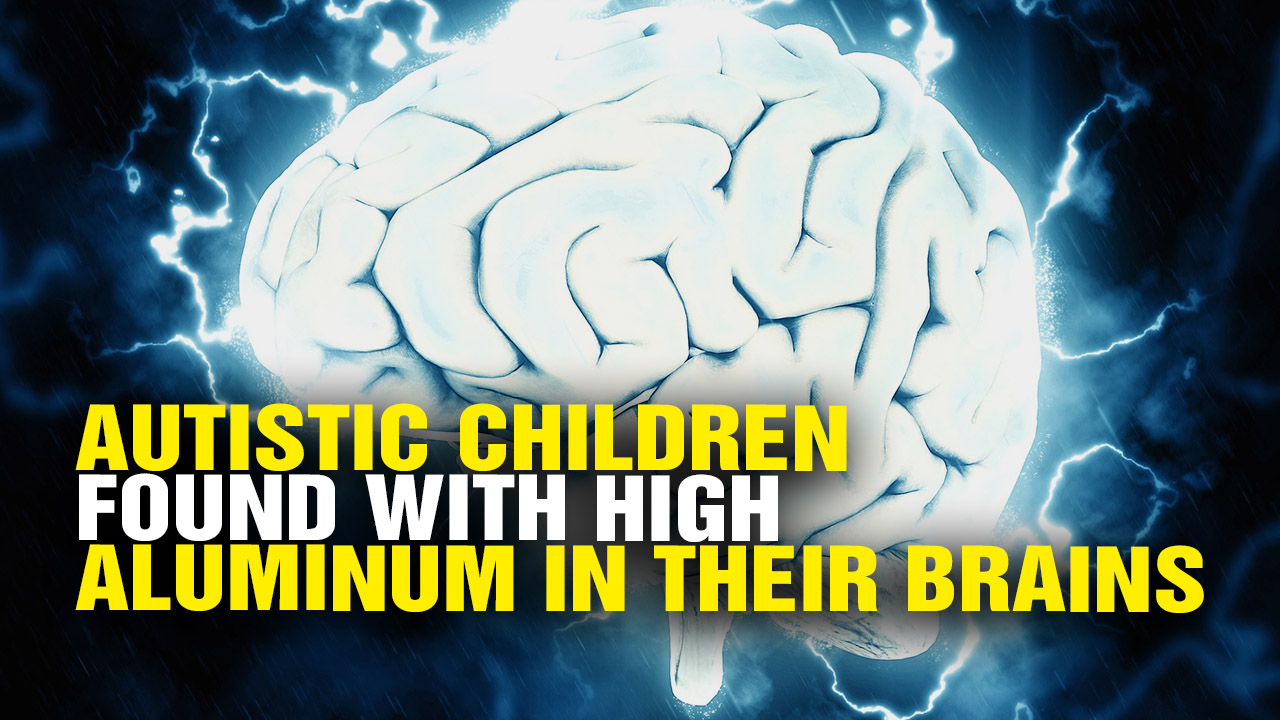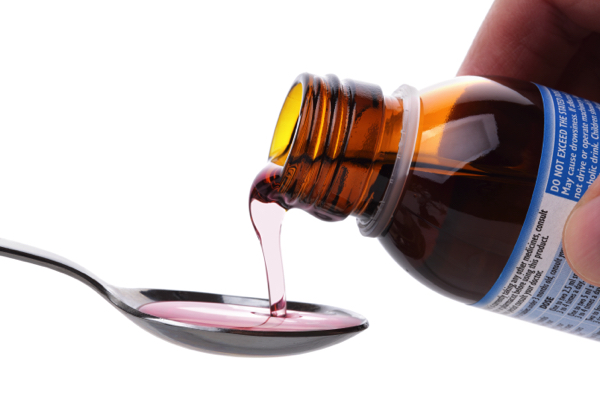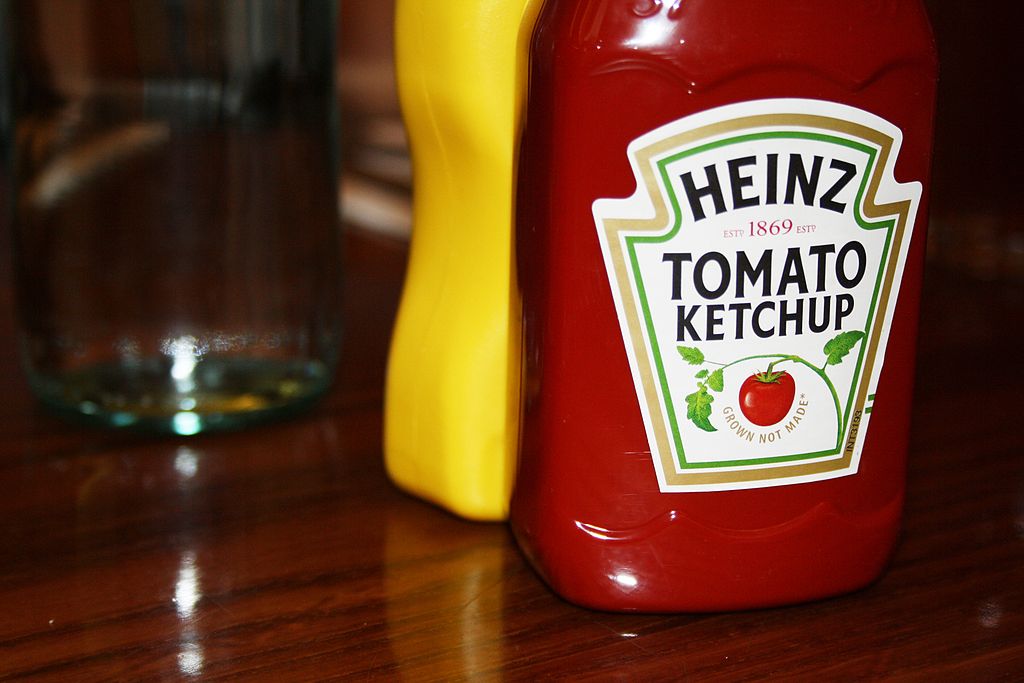DIRTY VACCINE CULT still insists mercury in vaccines is perfectly safe for pregnant women and babies, even though it crosses the blood-brain-barrier
06/23/2025 / By S.D. Wells

If you never did before, now is the time to raise serious concerns about thimerosal (a mercury-containing preservative) in vaccines. The ACIP (Advisory Committee on Immunization Practices) is downplaying risks despite calls from multiple agencies (CDC, FDA, NIH, etc.) to remove it.
Thimerosal Safety Controversy: Critics argue that official safety assurances (CDC, ACIP) ignore documented risks of thimerosal, a mercury-based preservative linked to neurotoxicity, developmental harm and other serious health issues — especially in infants and pregnant women.
- Policy Shift or Stagnation: The upcoming ACIP vote under new leadership (appointed by RFK Jr.) could either address long-standing concerns by phasing out thimerosal or maintain current policies, deepening public distrust in vaccine guidelines.
- Lack of Transparency: Accusations persist that federal agencies use deceptive labeling (e.g., listing thimerosal instead of “mercury”) and withhold safety data, while state mandates rely on incomplete ACIP recommendations, denying exemptions for vulnerable groups.
- Call for Independent Oversight: The article urges reliance on alternative media (e.g., Vaccines.news, NaturalNews.com) for truth about vaccine ingredients, citing investigations that challenge CDC claims and advocate for thimerosal’s removal.
The upcoming ACIP vote could either address these concerns or maintain current policies, with new leadership potentially influencing the decision. The CDC has not clarified its stance, fueling skepticism.
Key Points:
- Thimerosal Controversy: Claims official safety assurances ignore risks.
- Policy Divide: Upcoming ACIP vote may shift or entrench current vaccine policies.
- Transparency Criticisms: Accusations of deceptive labeling and lack of CDC accountability.
- Call to Action: Encourages reliance on alternative media (Vaccines.news) for “truth” about vaccine ingredients.
CDC vaccine panel to vote on thimerosal in flu shots amid controversy over mercury safety
The CDC’s Advisory Committee on Immunization Practices (ACIP) will vote next week on whether to continue recommending flu vaccines containing thimerosal, a mercury-based preservative, amid renewed scrutiny over its safety. The June 25-26 meeting in Atlanta marks the first since HHS Secretary Robert F. Kennedy Jr. replaced all 17 former ACIP members in a bid to restore public trust in vaccine policy. The panel will also decide on RSV vaccines for pregnant women and young children, despite clinical trial data showing an 11.71% rate of serious adverse events.
Thimerosal, used in multi-dose flu vaccine vials, has been a flashpoint in vaccine debates for decades. Though the CDC maintains it poses no harm, critics cite a 1999 internal meeting where officials acknowledged risks to infant brain development. In 2001, thimerosal was removed from childhood vaccines, yet it remains in some flu shots.
Dr. Meryl Nass, a longtime ACIP observer, stated, “There is no need for thimerosal, a known neurotoxin, as it is not used in single-dose vials. Its use should be ended.” Meanwhile, journalist Sharyl Attkisson’s investigation challenged federal claims that thimerosal is safe, fueling calls for transparency.
The committee’s focus on thimerosal has drawn polarized responses. Brian Hooker of Children’s Health Defense criticized the CDC’s “biased viewpoint,” while Medpage editor Dr. Jeremy Faust called the vote a revival of “anti-vaccine conspiracy theories.” Others, like researcher James Lyons-Weiler, see potential progress: “If safety data are rigorously evaluated, this could mark a turning point.”
ACIP’s recommendations often shape state vaccine mandates, yet its guidelines lack exhaustive safety data. Attorney Sujata Gibson noted that states like New York and California deny medical exemptions for conditions not listed in ACIP’s framework, risking harm to vulnerable children.
Next week’s vote could signal a shift in U.S. vaccine policy — or deepen existing divides. With thimerosal’s safety back under scrutiny and new leadership at ACIP, the outcome may hinge on whether the committee prioritizes public trust or maintains the status quo. The CDC did not respond to requests for comment on whether it will clarify its guidelines’ limitations.
Bookmark Vaccines.news to your favorite independent websites for updates on toxic injections like the multi-dose flu jab and DTaP that STILL to this day contain mercury, listed as thimerosal in order to trick the populace.
Sources for this article include:
Submit a correction >>
Tagged Under:
Big Pharma, conspiracy, deadly jabs, death shots, deception, dirty vaccines, Flu shots, insanity, lies, mercury, pharmaceutical fraud, poison, propaganda, Thimerosal, toxic chemicals, toxic ingredients, toxins, vaccine wars, vaccines
This article may contain statements that reflect the opinion of the author
RECENT NEWS & ARTICLES
COPYRIGHT © 2017 TOXINS NEWS




















